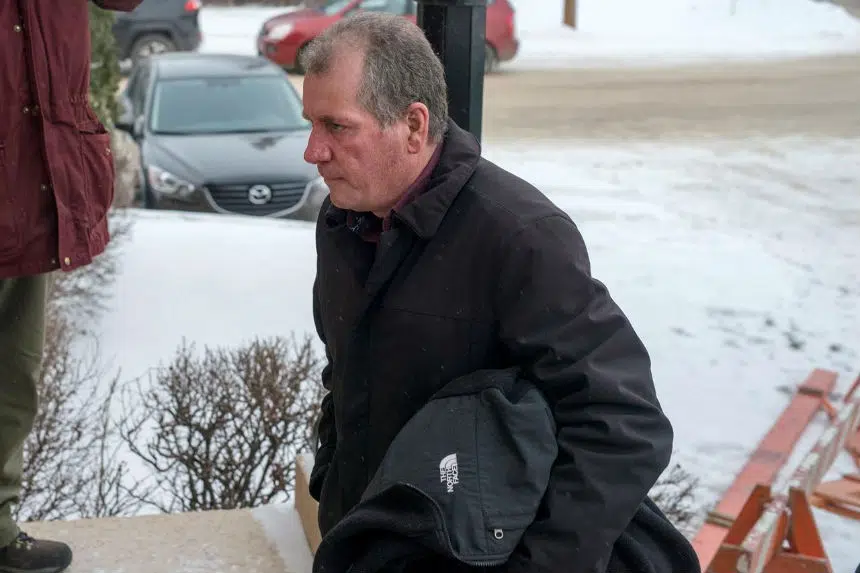Mark Pashovitz believes he and other Saskatchewan farmers are easy targets.
They live in rural, isolated areas where it often takes police longer to respond to crimes. And their farm vehicles and equipment are tempting for thieves.
That’s why he said he recently donated $1,000 to an online fundraiser to help pay the legal bills of Gerald Stanley, a white farmer acquitted last week of murder in the 2016 shooting death of a 22-year-old Cree man.
A jury heard that Colten Boushie and some friends had been drinking before they broke into a truck on one farm, then headed onto Stanley’s property to ask for help for a flat tire. Stanley testified that he thought his ATV was being stolen. After firing warning shots, he said his gun went off accidentally, striking Boushie in the head as he sat in the group’s SUV.
Stanley was “a victim of a situation that was totally out of his control,” said Pashovitz.
“There was no respect for him or his property,” he said Monday. “It could have been me.”
Pashovitz farms near Biggar, about 30 kilometres from Stanley’s farm and the same distance from the Red Pheasant First Nation, where Boushie was living with his mother.
He said he’s had vehicles stolen from his property before, as have many other farmers in the area.
If he caught someone taking off with a vehicle, Pashovitz said he would likely let it go. But if he felt his wife and young children might be in danger, he would take out a gun.
“As a male, I have to protect my family.”
The GoFundMe page for Stanley, set up last Friday — the same day a jury found him not guilty of second-degree murder — had raised over $101,000 by Monday afternoon. Many donors were listed as anonymous, and some signed as “concerned landowner,” “previous victim,” and “one less thief.”
A similar fundraising page for Boushie’s family, established five months ago, had raised $118,000. Since the verdict, protests and rallies have been held across the country demanding changes to the justice system and jury process to include more Indigenous people.
The Saskatchewan Ministry of Justice said it is reviewing the case to determine if there will be an appeal. Stanley and his lawyer have not commented since the trial.
Other Stanley supporters have been vocal on a Facebook page called “Farmers with Firearms,” which was set up a few months before the shooting in response to rural crime in west-central Saskatchewan.
One of its organizers says there has been overwhelming support for Stanley, but also threats against its members. Ryan, who asked that his last name not be published, says farmers are vulnerable.
“We have a problem here. It’s not a race problem. It’s a criminal problem,” he said.
In the year following Boushie’s death, the Saskatchewan Association of Rural Municipalities passed a resolution calling for the federal government to expand the rights and justification for people to defend themselves, people under their care and their property. Both Ottawa and Saskatchewan officials dismissed the idea.
Robert-Falcon Ouellette, a Winnipeg MP who has family from Red Pheasant, told the Winnipeg Free Press on the weekend that he has sympathy for both the Boushie and Stanley families.
“I know most people don’t want to hear that right now,” he told the newspaper. “(But) the Stanley family and many farmers in Saskatchewan have the feeling that their property is not respected and people come on to their farms and steal their stuff.
“I feel sorry for them. They’ve essentially lost two years of their lives. They’ve faced legal bills and great difficulty.”
The Assembly of Manitoba Chiefs issued a response, describing Ouellette’s words as shocking.
“How is it even possible for an elected representative of the Government of Canada, who ran as an Indigenous candidate, to defend the taking of a human life in order to defend property and ‘stuff?’” said Grand Chief Arlen Dumas.
“No property is more valuable than a human life.”
Chris Purdy, The Canadian Press











